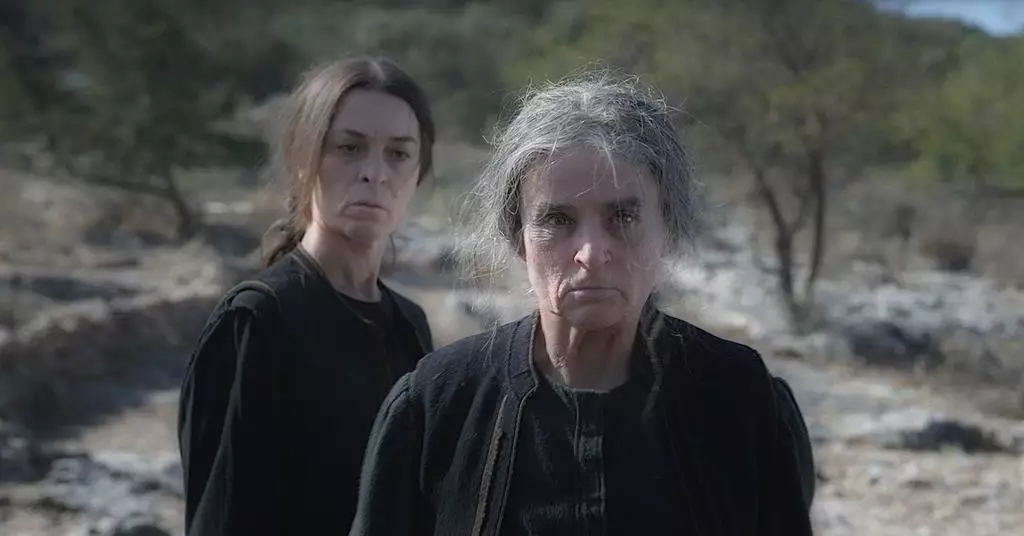Greece has made headlines after selecting Eva Nathena’s film *The Murderess* as its entry for the Best International Feature Film at the 97th Academy Awards. This selection comes on the heels of a turbulent and seemingly chaotic process orchestrated by the Greek Ministry of Culture. The film is an adaptation of Alexandros Papadiamantis’ novel, set in circa 1900 on a secluded Greek island where the protagonist Hadoula is ensnared by her mother’s rejection and the stringent confines of a patriarchal society. While the narrative promises to spotlight themes of gender oppression and personal struggle, the real story seems to unfold behind the scenes—one of miscommunication and administrative upheaval.
The submission process for the Oscars typically follows a structured path, where a committee of film professionals is selected to evaluate and choose the nation’s representative. Initially, in early August, four esteemed individuals from the Greek film industry—including notable filmmakers and critics—were invited by the Ministry of Culture to form the selection committee. Vasilis Kekatos, a prominent figure known for his award-winning short film, was appointed the president. However, shortly after the announcement, these committee members received a bizarre communication revoking their roles and declaring their initial appointment as a mistake.
This abrupt dismissal led to widespread confusion and frustration, sparking outrage within the artistic community. The Ministry of Culture then scrambled to establish a new selection committee, further complicating the process. This new committee, while diverse and experienced, did not escape the shadow of the preceding chaos. Notably, director Asimina Proedrou, a member of this group, chose to resign due to the controversial circumstances surrounding the Ministry’s procedures. Her departure not only signals discord but raises concerns over the integrity and transparency of the selection process.
The fallout from this administrative turmoil could have longer-lasting effects on the perception of Greek cinema on the international stage. While *The Murderess* stands as a poignant portrayal of women’s struggles, the narrative surrounding its selection might overshadow its artistic merit. Audiences and critics alike may find themselves questioning not only the filmmaking process but also the intentions behind the selection. Is this an indication of a fragmented national identity in the arts, or merely a reflection of governmental inefficiencies?
As December 17 approaches—the date for the announcement of the Oscars shortlist—the Greek film community is watching closely. The uncertainty surrounding the selection process highlights significant cultural issues that extend beyond cinema, tapping into broader conversations about authority, representation, and the feminist experiences that films like *The Murderess* aim to convey.
While *The Murderess* may ultimately shine at the Oscars, the convoluted path to its selection raises critical questions regarding Greek cinema’s future and the role of government in artistic expression. Can a film come to embody the struggles of its societal context when its selection process is mired in controversy? Only time will tell.


Leave a Reply